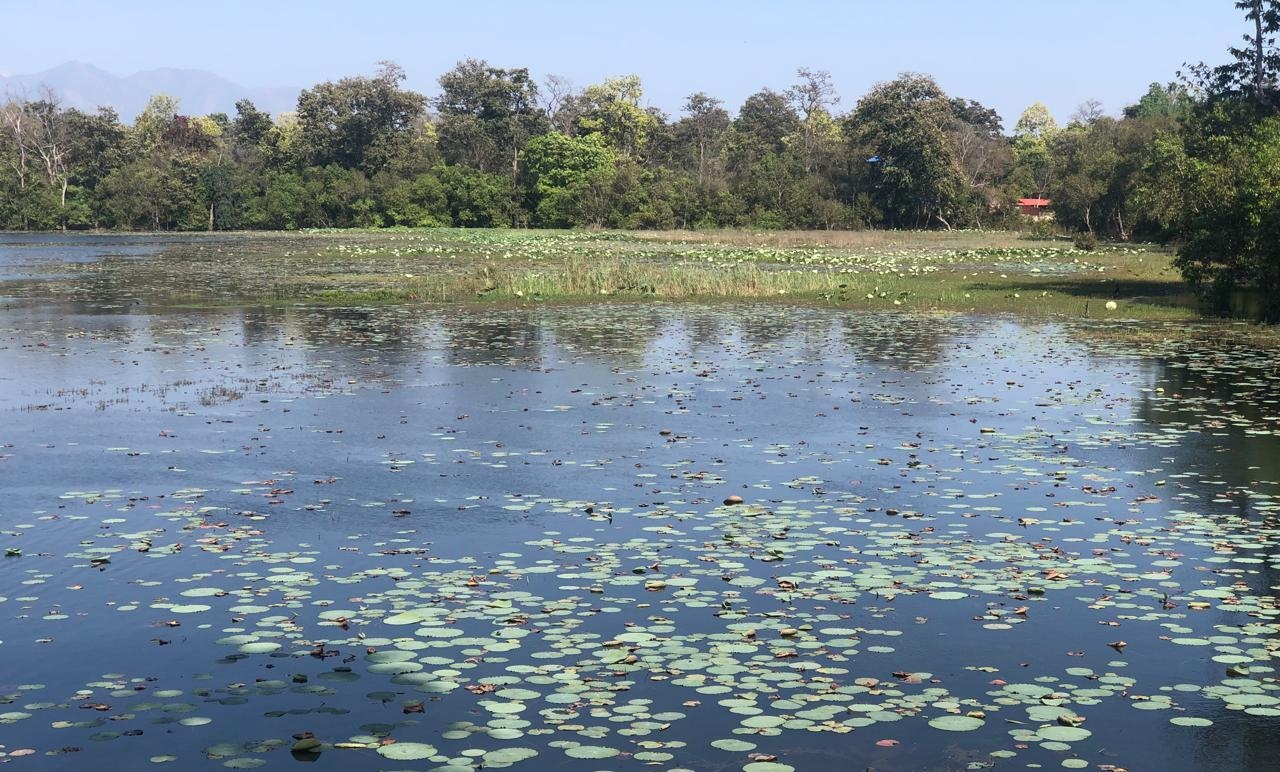Kathmandu, February 2, 2025 – As the world marks World Wetlands Day with the theme, “Conservation of Wetlands for Our Shared Future,” Nepal finds itself at a critical juncture in protecting its wetlands. These vital ecosystems, which cover approximately 5% of the country’s total area, face an unprecedented crisis due to the compounded impacts of climate change and human activities.
Wetlands—natural habitats such as lakes, rivers, ponds, and marshlands—are invaluable for biodiversity, providing sustenance and shelter to countless species while supporting human livelihoods. Yet, they are increasingly threatened by erratic rainfall patterns, invasive species, pollution, overexploitation of resources, and unplanned infrastructure development.
The Alarming Decline of Wetlands in Nepal
According to the Ministry of Forests and Environment, Nepal’s wetlands, which house 25% of the country's flora and fauna, are shrinking rapidly. “Wetlands are the kidneys of nature,” explains Badri Raj Dhungana, Director-General of the Department of Forests and Land Conservation. “They regulate water cycles, purify water, and act as natural buffers against climate change. However, growing urban encroachments and inadequate conservation measures have left these ecosystems vulnerable.”
Nepal has ten internationally recognized Ramsar sites, including Koshi Tappu Wildlife Reserve, Rara Lake, and Gokyo Lakes, collectively covering 60,561 hectares. Despite their global significance, many of these areas are deteriorating. Experts attribute this decline to factors such as reduced water sources, increased sedimentation, and the unchecked spread of invasive plant species.
Human Encroachment and Policy Gaps
Nepal's wetlands also face challenges stemming from insufficient public awareness and weak policy implementation. Disposal of waste in rivers, overuse of chemical fertilizers, and unregulated tourism continue to undermine conservation efforts. “Local governments often use rivers as dumping sites. This must stop,” warns Bed Kumar Dhakal, Deputy Director-General of the National Parks and Wildlife Conservation Department.
While Nepal has robust policies such as the National Wetland Policy (2069) and the Ramsar Strategy and Action Plan (2018–24), their implementation often lacks coordination among federal, provincial, and local governments.
Climate Change: A Silent Threat
Nepal’s mountainous terrain makes it exceptionally vulnerable to climate change. The Ministry of Environment reports that erratic rainfall and rising temperatures have significantly altered the hydrological balance of wetlands. “The growing dry areas and declining water levels in wetlands reflect the urgent need for climate-resilient strategies,” notes Madhu Ghimire, Undersecretary at the Ministry of Environment.
A Roadmap for Wetland Conservation
To address these challenges, experts advocate for a multipronged approach:
1. Community Engagement: Raising public awareness about the ecological and economic importance of wetlands.
2. Investment in Water Harvesting: Developing systems to preserve water sources and prevent seasonal drying of wetlands.
3. Enforcing Policies: Strengthening legal frameworks to combat encroachment and pollution.
4. Eco-Tourism Development: Promoting sustainable tourism in wetland areas to generate revenue for conservation.Nepal’s wetlands are not just local treasures but global assets. They support 172 endangered species, provide a habitat for over 193 bird species, and play a crucial role in mitigating climate impacts. Protecting them requires collective action from citizens, government bodies, and international stakeholders.
A Shared Responsibility
As World Wetlands Day reminds us, the fate of wetlands is intertwined with the future of humanity. “Protecting wetlands is not just an environmental responsibility; it is a moral duty for future generations,” says Dhakal. "If we fail, we risk losing one of nature’s most vital ecosystems forever."
Ecosphere News urges everyone to reflect on this pressing issue and take meaningful steps toward preserving Nepal’s wetlands—for today and the shared future of tomorrow.